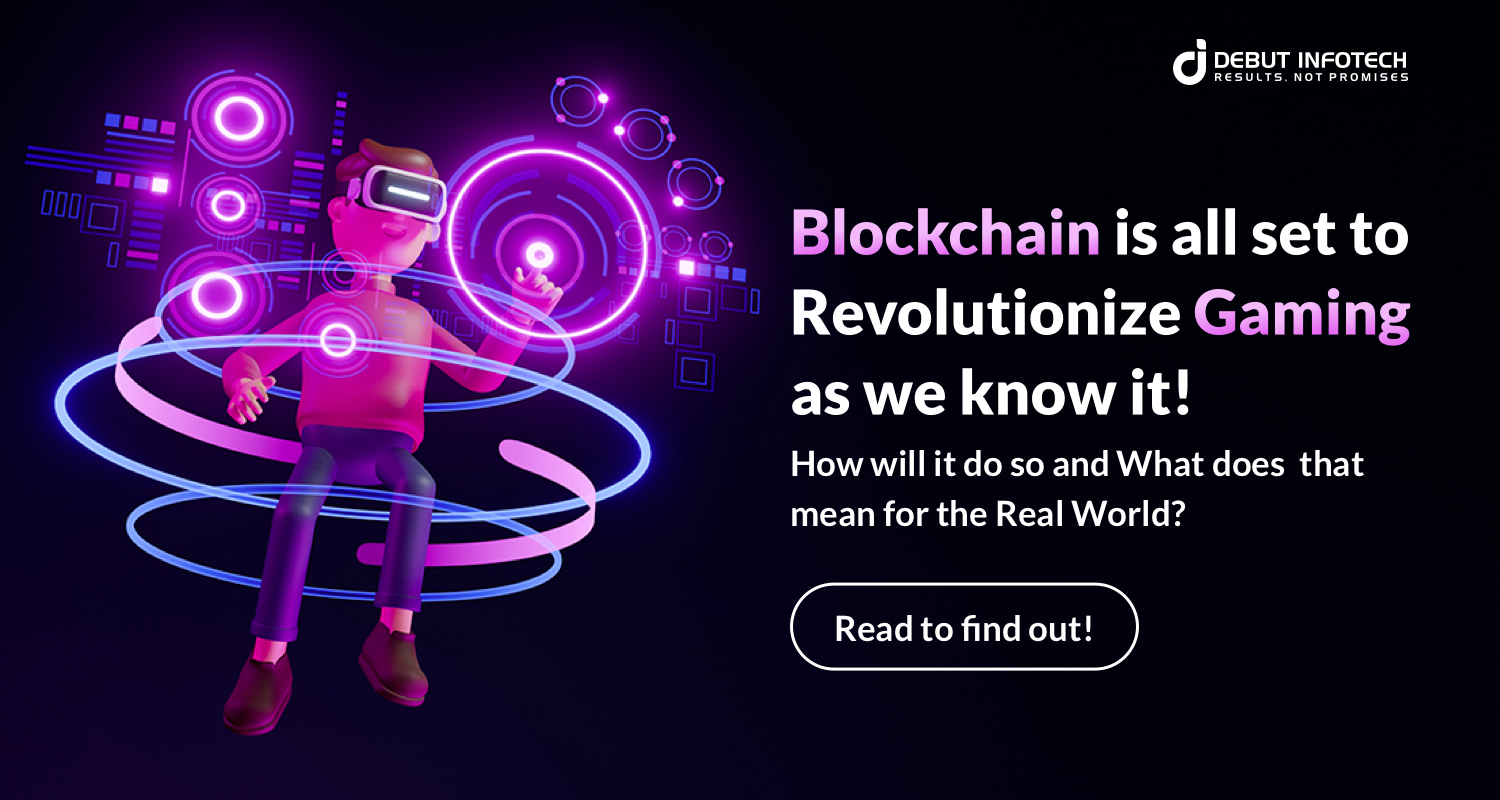Heart Hunter
Exploring the passion for the heart's adventures.
Game On: How Blockchain Verification Is Changing the Rules
Discover how blockchain verification is revolutionizing gaming. Uncover the secrets to fair play and secure transactions—game on!
Understanding Blockchain Verification: How It Transforms Gaming Dynamics
Understanding Blockchain Verification is crucial in the modern gaming landscape, as it introduces a paradigm shift in how players interact with digital assets. Traditional gaming systems often rely on centralized servers that are vulnerable to hacks and exploits. In contrast, blockchain technology decentralizes data storage and ensures transparency through a secure, tamper-proof ledger. This means that every in-game asset, from virtual currency to rare items, can be verified and owned by players, reducing fraud and enhancing trust in gaming ecosystems.
Moreover, blockchain verification facilitates novel gaming dynamics by enabling true ownership of digital assets, allowing players to trade, sell, or utilize their items across different games seamlessly. For instance, a rare sword earned in one game can find its way into another, promoting cross-game compatibility and interaction. This revolutionary development not only enhances player engagement but also opens up new revenue streams for developers. As the gaming industry continues to evolve, understanding the impact of blockchain is essential for both players and creators alike.

Counter-Strike is a popular tactical first-person shooter that has captivated gamers since its release. Players form teams of terrorists and counter-terrorists, engaging in various objective-based missions. For those looking to enhance their gaming experience, using a bc.game promo code can provide exciting bonuses and rewards.
The Future of Fair Play: Blockchain's Role in Securing Game Integrity
The future of fair play in gaming significantly hinges on the advent of blockchain technology. As digital landscapes evolve, ensuring game integrity becomes paramount not just for player satisfaction, but also for the credibility of gaming platforms. Blockchain offers a decentralized and transparent solution that can profoundly impact how games are developed, managed, and played. By storing game transactions and outcomes on an immutable ledger, developers can enhance trust among players, ensuring that every decision—from character upgrades to loot drops—is executed fairly and without bias.
Moreover, the integration of blockchain in gaming emphasizes accountability. Smart contracts can automate various processes, including betting and rewards distribution, which minimizes human intervention and potential fraud. This shift is crucial as it protects players from manipulative practices and dishonest game mechanics. With the implementation of blockchain, not only does the gaming community benefit from a more equitable environment, but it also fosters a culture where fair play is not just a goal but a foundational principle.
Is Blockchain the Answer to Cheating in Video Games?
As video games continue to evolve, the issue of cheating has become a considerable concern for developers and players alike. Traditional anti-cheat systems often fall short, leading to frustration within the community. Blockchain technology presents a potential solution to this persistent problem by providing a transparent and immutable ledger for in-game transactions and actions. By utilizing smart contracts, developers can create rules that govern gameplay, ensuring that any form of cheating or exploitation is detected and prevented efficiently. This innovative approach could redefine how fair play is maintained in the gaming industry.
Moreover, implementing blockchain solutions can enhance player trust and engagement. With every action recorded on a decentralized network, players can verify the authenticity of in-game items and achievements. This level of transparency not only discourages cheating but also fosters a sense of accountability within the community. As gaming continues to branch out into areas like competitive esports, the integration of blockchain technology could become essential in maintaining integrity and fairness on a global scale.